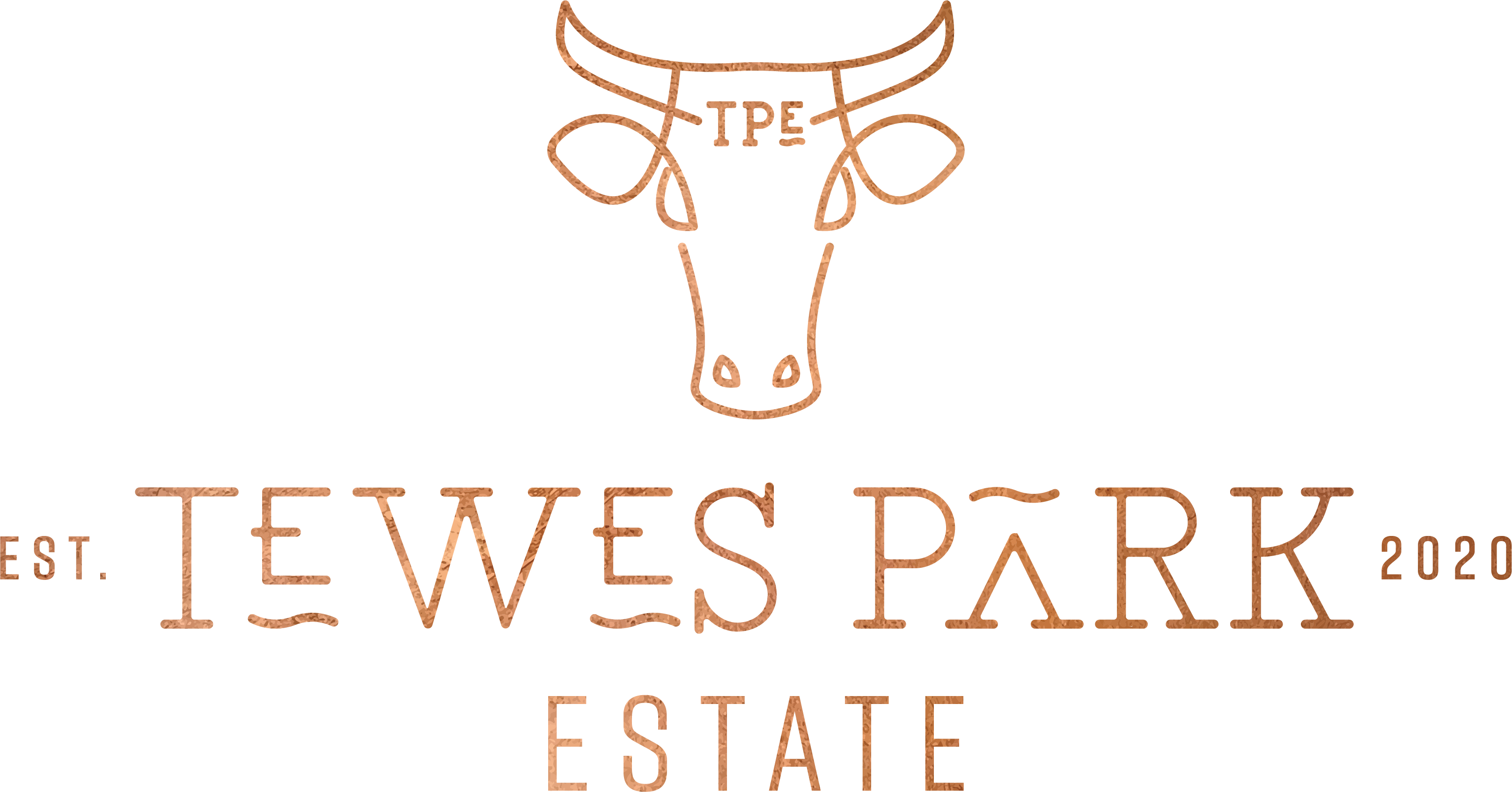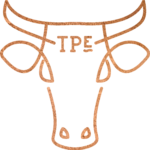about the American
Pygmy Goats
What you need to know about
Goat Care
Diet
Goats are browsers not grazers, meaning they prefer to forage from low hanging shrubs and bushes, however they will eat some grass and clover.
We feed our Pygmy goats a quality hay based diet, oaten hay is a great choice and is readily available here in WA year round. Goats can be fussy eaters, hay needs to be kept off the ground otherwise they will refuse to eat it, you can feed it to them once a day or keep a hay rack/feeder full for them to access as they please free choice.
We also supplement our Pygmy goats with 1 cup of Thomson&wood goat muesli and two cups of steam cut oaten chaff every other day, per adult goat. Half the ration for each kid. Be careful not to over feed goat muesli or leave it where they might break in and help themselves to it as to much can cause serious health problems such as bloat in the short term and urinary calculi in the long term. Wethers are especially susceptible to urinary calculi if fed to much muesli.
We also like to keep a mineral lick block out for our Pygmy goats to access free choice, if they are lacking in any of the essential minerals from there regular diet, they will help themselves to this. Other supplements include black sunflower seeds, which we feed a tablespoon to our girls once a week, apple cider vinegar which we mix in a cup full with the muesli and chaff every so often which helps with digestion, livamol we feed only to mums who need that extra boost of proteins and energy (also great for coat condition and any animal that is generally lacking).
Treats of some human foods are acceptable in moderation, some of our Pygmy goats love weet-bix whilst others prefer a water cracker. Leftover fruit and vegetables are great but again should only be fed on occasion. There are some fruits and other foods that are poisonous to goats, such as avocado which is highly poisonous to goats. The same can be said about some plants and trees, the internet will provide you with lots of do’s and dont’s if you’re unsure.
Water
It’s important your Pygmy goat always has access to fresh clean drinking water. A simple bucket or trough is okay but just ensure they can’t accidentally tip it over. A self watering trough is ideal, just be sure to clean it out regularly still. Water should be placed in a shaded area to keep it cool and also reduce algae growth. Also keep in mind that leaves release tannins that can sometimes be poisonous to animals so avoid placing directly under a tree that drops leaves.
Housing
Goats HATE rain so it’s important to provide them with an escape from it in the means of a shelter. A simple three sided, covered structure with a bed of straw will keep them out of the wind and rain and stay warm on cold nights.
Shelters should be kept clean and dry to prevent disease and foot-rot.
Tip: your goats shelter doesn’t need to be fancy, A few Pallets held up with some star pickets and a sheet of tin over the top is very quick and easy to knock up and will provide ample shelter.
Maintence
Hoof trimming is required to prevent health problems developing. Inspections should be carried out every 3 months or so and trimming when required, how often mainly depends on their environment. If they have lots of hard surfaces such as rock/concrete etc to climb on, they will naturally wear them down themselves and extend the amount of time between trimming.
Health
Goats need to be vaccinated every 6 months, we use and recommend glanvac 3in1. Worming should also be looked at every 6 months as a minimum. Worm infestation in a goat can lead to serious health problems, Barbers pole worm is the main threat here in WA and regular worm counts should be conducted to ensure a happy and healthy Pygmy goat. Your goat should always be active and alert, a lethargic goat and or loss of appetite is a sign of trouble. Eyelid colour and stool conditions can be other ways to check for signs of worm infestation. A healthy goat should have pink eyelids, pale coloured eyelids are a sign of poor health. Stools should be individual pellets, soft clumped together stools can mean a number of things including worm infestation or just poor diet. Click on this link http://www.wormcount.com.au/services.htm for more information on worm count. Once you’ve established a worm count, your vet can recommend a suitable course of action or treatment.

